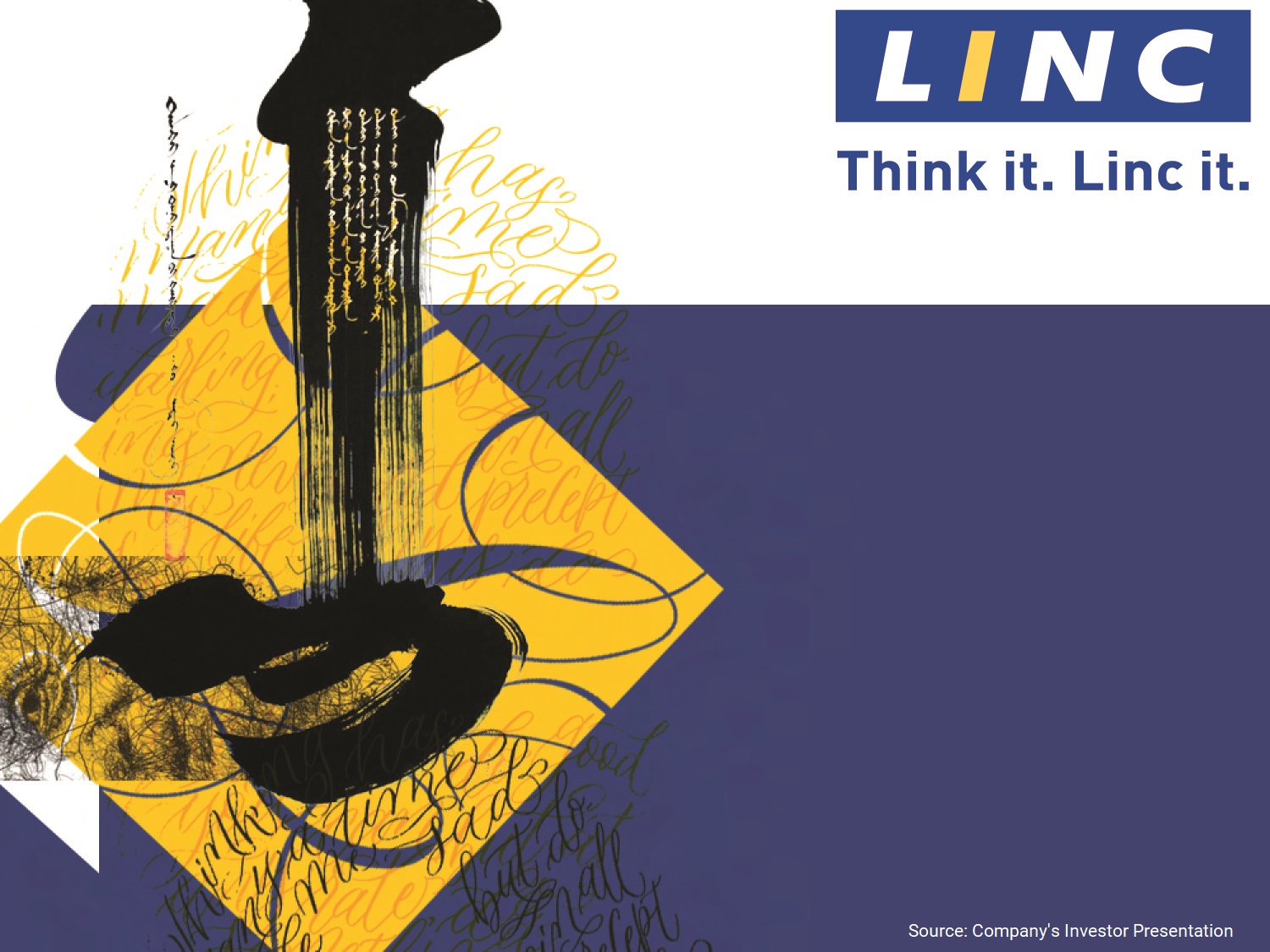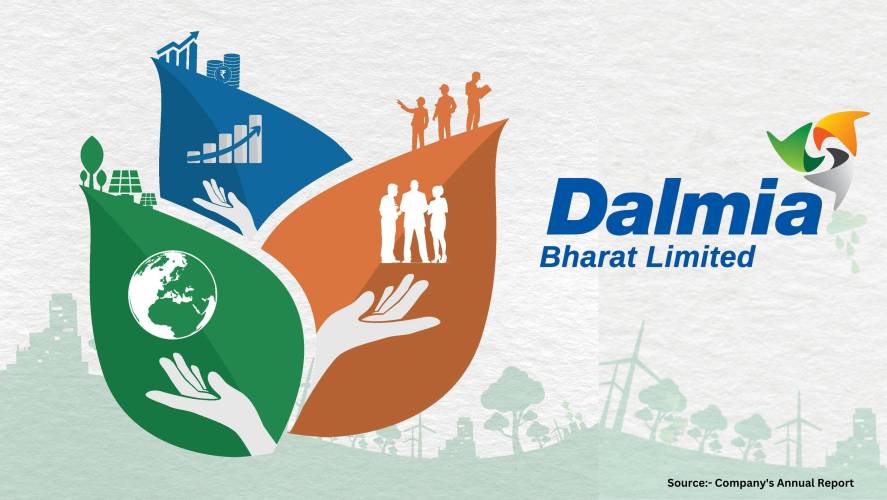Mumbai: State Bank of India (SBI) is pushing creditors of Jyoti Structures Ltd to accept a takeover proposal from Dubai-based Amin Group, despite knowing about a past working relationship between promoters of the two companies, two people with knowledge of the development said.
Jyoti Structures is an engineering, procurement, and construction firm in the power sector, while Amin Group has interests in drug manufacturing, cane farming, livestock feed, oil and gas, recycling and power transmission.
At a creditors’ meeting on 22 August, SBI, the lead lender in the Rs.3,000-crore loan consortium, asked other lenders to approve the stake sale proposal and divest majority ownership to Amin Group under the strategic debt restructuring (SDR) norms invoked at Jyoti Structures in August 2015, said the two people cited above on condition of anonymity.
In a statement to the stock exchanges on 11 July, Jyoti Structures disclosed that lenders had decided to call for expressions of interest to buy it, from potential buyers outside of the SDR mechanism.
SDR, introduced in June 2015, allows creditors to convert debt into equity and take over the management of defaulting companies. Banks have to find a buyer for 18 months during which underlying debt will not attract any negative asset classification and thus, additional provisions.
According to the revised SDR norms issued by the Reserve Bank of India (RBI) in February this year, lenders have only 210 days from the date on which SDR is invoked to convert part of the debt to majority equity in stressed firms. If the conversion doesn’t happen within the specified time period, banks will lose the benefit of no additional provisioning and no negative asset classification.
Queries sent to SBI, Jyoti Structures and Amin Group on 23 August remained unanswered till the time of going to press.
“The final proposal by Amin Group prescribes a 50-55% haircut for lenders, and SBI is keen to approve it. Even when the issue of a past working relationship between the promoters was brought up, they just said that it should be put on record, but the deal should go through,” said one of the two people quoted above, a senior official at a public sector bank.
A haircut is a discount a lender agrees to take on the amount it is owed when selling the asset to a third party.
According to information available with the lenders, one of the promoters at Amin Group, Dipen Amin, is said to have worked with Jyoti Structures in the past, the second person said.
According to a report in The Economic Times on 22 August, Amin is also a management consultant at Dubai-based audit firm, Shah and Ashamali Associates, which audits a subsidiary of Jyoti Structures.
SBI’s decision to push through this sale comes against the backdrop of a warning by RBI to lenders to properly audit buyers in SDR cases.
On 25 February, Mint reported that concerns around promoters setting up shell companies to buy back their own firms had prompted the regulator to sound the caution.
“Ever since their merger talks have started, the SBI group has become quite aggressive at JLFs (joint lender forums) since all associate banks agree to the main bank’s decision. This way, they are able to push through decisions,” said the first person quoted above.
In the January-March quarter, Jyoti Structures reported a stand-alone net loss of Rs.52.31 crore against net loss ofRs.90.95 crore a year ago. Net sales fell 15.9% to Rs.740.10 crore in the March quarter against Rs.879.70 crore a year ago. As of March 2016, the total standalone debt stood atRs.3,626.28 crore.
If the lending consortium approves the sale, Jyoti Structures would be joining Gammon India Ltd and Lanco Infratech Ltd, which creditors agreed to sell to Bilav Software Ltd and Chennai-based OPG Power Ventures, respectively.
“As long as the lenders are convinced that a past relationship is of an honest nature and not one with malpractices, approving such buyers should not be an issue. In fact, it may work in favor of the deal since the buyer is well aware of the internal workings of the company he is getting into. Recovery and restoration of the company have to be the primary focus of such deals,” said Ashvin Parekh, managing partner at Ashvin Parekh Advisory Services Llp.
At the end of June, Indian banks were sitting on Rs.6.3 trillion of bad loans—the legacy of an economic downturn, coupled with regulatory delays and difficulties in completing a land acquisition that stranded many ambitious industrial projects and made it difficult for their promoters to repay debt.
SDR was meant to ease the clean-up of bad loans.
Banks have invoked the SDR provisions in at least 21 cases but converted debt to equity in only four.
Companies in which they have invoked SDR include Electrosteel Steels Ltd, Ankit Metal and Power Ltd, Rohit Ferro-Tech Ltd, IVRCL Ltd, Gammon India Ltd, Monnet Ispat and Energy Ltd, VISA Steel Ltd, Lanco Teesta Hydro Power Pvt. Ltd, Lanco Infratech Ltd, and Alok Industries Ltd.
Recent Articles on M&A
Source: Mint




